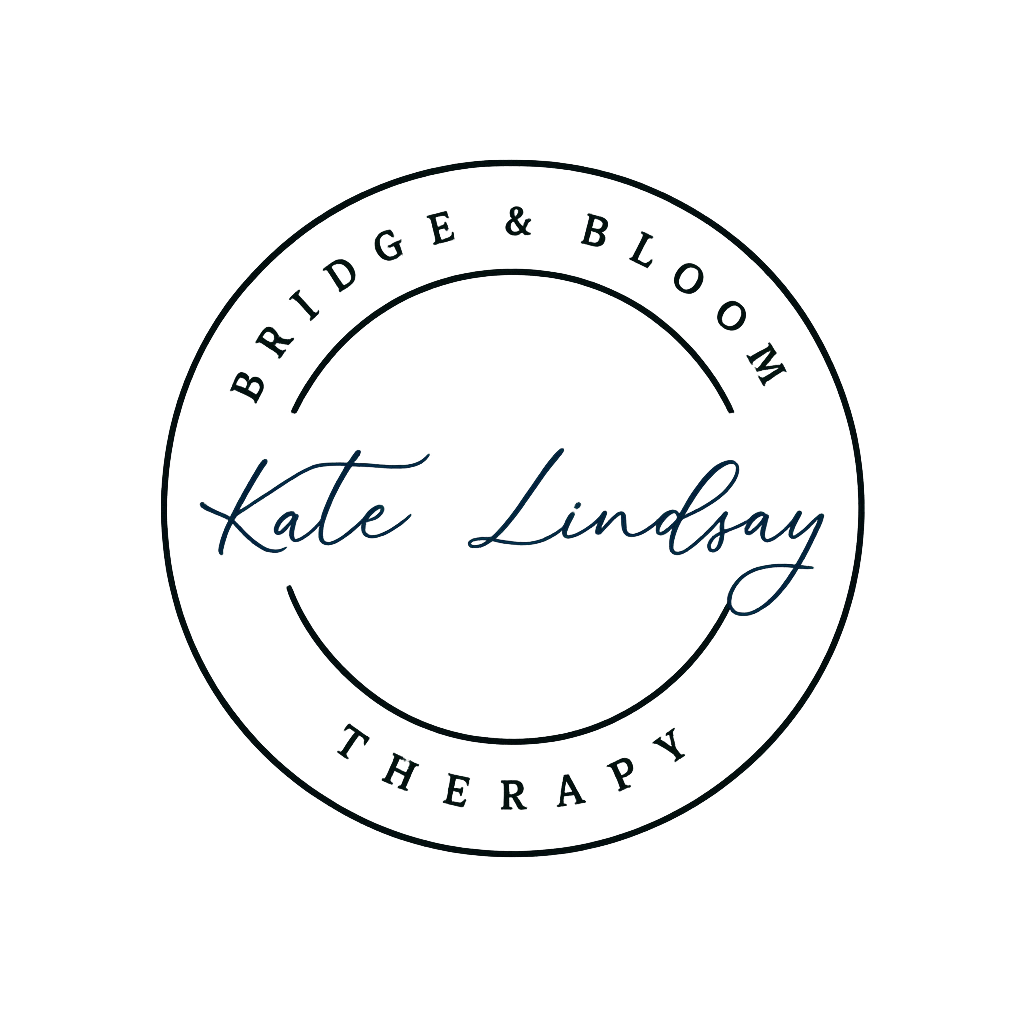From Drama to Clarity: Why the Triangle You’re in Might Be Exhausting You
From Drama to Clarity: Why the Triangle You're In Might Be Exhausting You
Many of us unknowingly operate within something called the Drama Triangle — a pattern of interaction that keeps us stuck, frustrated, and emotionally wrung out. It's not about being dramatic. It's about the roles we fall into, often shaped by childhood dynamics or unresolved relational patterns.
The Drama Triangle
First identified by Stephen Karpman, the Drama Triangle includes three roles:
Victim: Feels powerless, stuck, or mistreated. Says things like, "Why does this always happen to me?"
Persecutor: Blames, criticises, or controls. Says, "This is your fault" or "You're doing it wrong."
Rescuer: Jumps in to fix or save others, often without being asked. Says, "Let me help you," even when it drains them.
The catch? We often rotate through these roles. You might start as the Rescuer, end up feeling like the Victim when it backfires, and lash out like the Persecutor.
It’s exhausting. And it keeps relationships stuck in cycles of blame, guilt, and helplessness.
Enter: The Winner’s Triangle
The Winner’s Triangle (coined by Acey Choy) offers an alternative. It replaces those roles with healthier, empowered ones:
Victim becomes Vulnerable: You can share your feelings and needs without collapsing.
Persecutor becomes Assertive: You set boundaries without attack or blame.
Rescuer becomes Caring: You support others without over-functioning or rescuing.
This shift requires self-awareness, boundaries, and the courage to let people face their own discomfort without stepping in to soothe or solve.
What It Looks Like in Therapy
I work with a lot of clients who find themselves locked in these patterns, often without realising it. The Drama Triangle isn’t a flaw — it’s often survival strategy learned early. But once we name it, we can start shifting toward something more grounded and respectful.
You get to be real. You get to have needs. And you get to stop playing roles that leave you depleted.
If you’re tired of feeling trapped in the same relational patterns, therapy can be the place where you learn to step off the triangle entirely — and build something stronger in its place.


